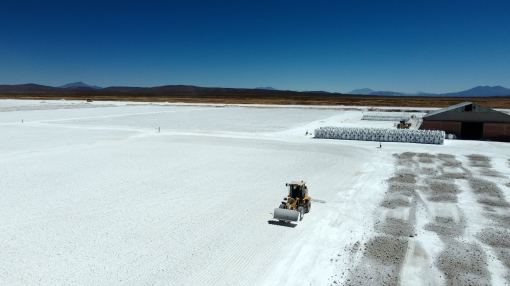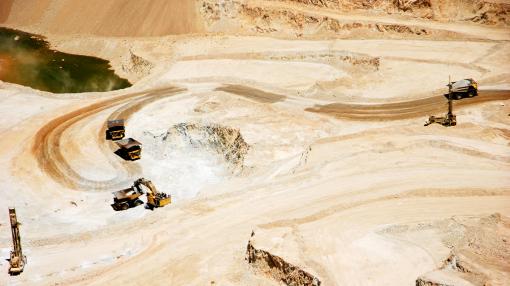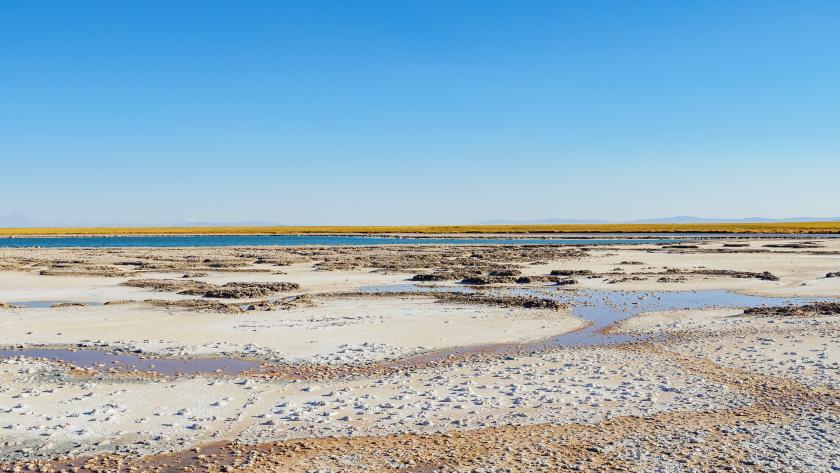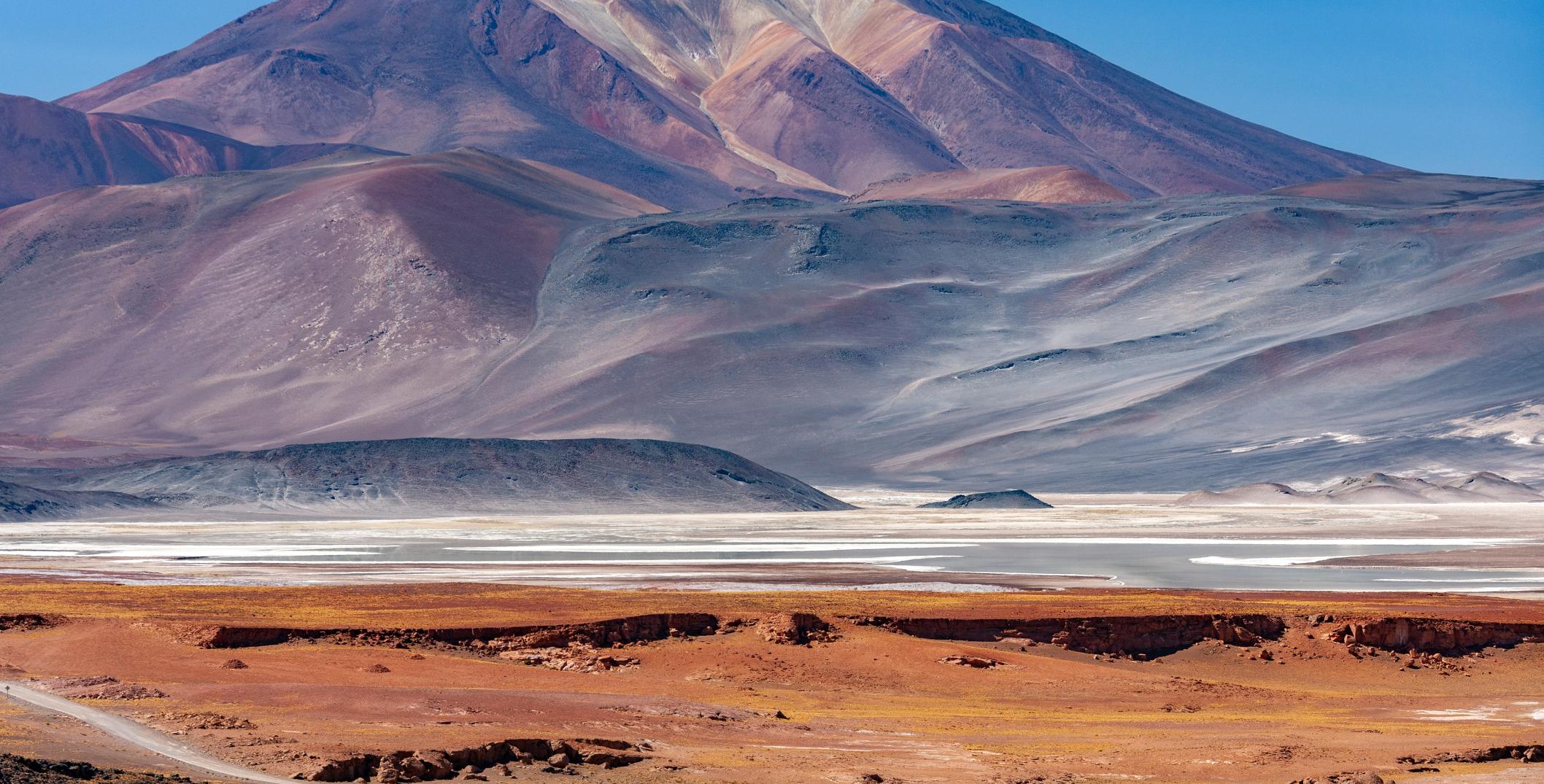
Chile
Chile, heavily dependent on mining, seeks to increase renewable energy generation and achieve zero emissions.
Chile has significant reserves of copper, iron, molybdenum and lithium. Despite its high potential to develop renewable energy sources, the country still relies heavily on fossil fuels such as coal, gas and oil derivatives for electricity.
Chile is economically dependent on mining, particularly copper and lithium, which are strategic minerals for the energy transition and electromobility. However, the industrialization and exploitation of lithium present challenges for regulation, transparency and distribution of revenues. Lithium extraction is also water-intensive, and therefore impacts the ecosystems of the salt flats where it is mined, and the local and Indigenous populations that inhabit them.
NRGI’s work in Chile focuses on the improvement of transparency and accountability in the lithium industry, the terms of the related fiscal regime, and the use of revenues from the extractive sector. NRGI encourages Chile’s adoption of international standards that help mitigate negative impacts and promote mechanisms for citizen participation so that extractive industries contribute to equitable development and the reduction of poverty and inequality gaps.
Minerales estratégicos, cadenas de suministro y desafíos de gobernanza en los Andes (ciclo de capacitación)
La necesidad de incrementar el uso de energía limpia ha ocasionado una demanda creciente de minerales como el litio, el cobalto y el cobre.
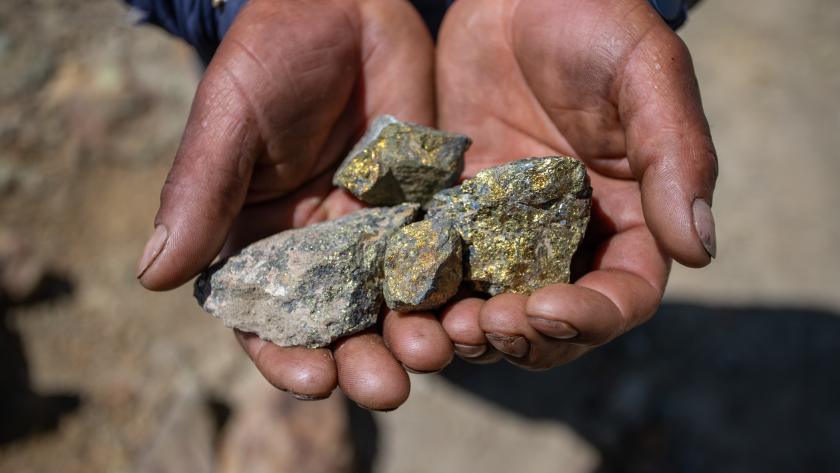
Related people

Juan Luis Dammert
Latin America Director

Fernando Patzy
Andean Manager

Susannah Fitzgerald
Governance Officer

Andrea Furnaro
Policy Analyst

Pedro Zapata
Chile Consultant
Filter by







